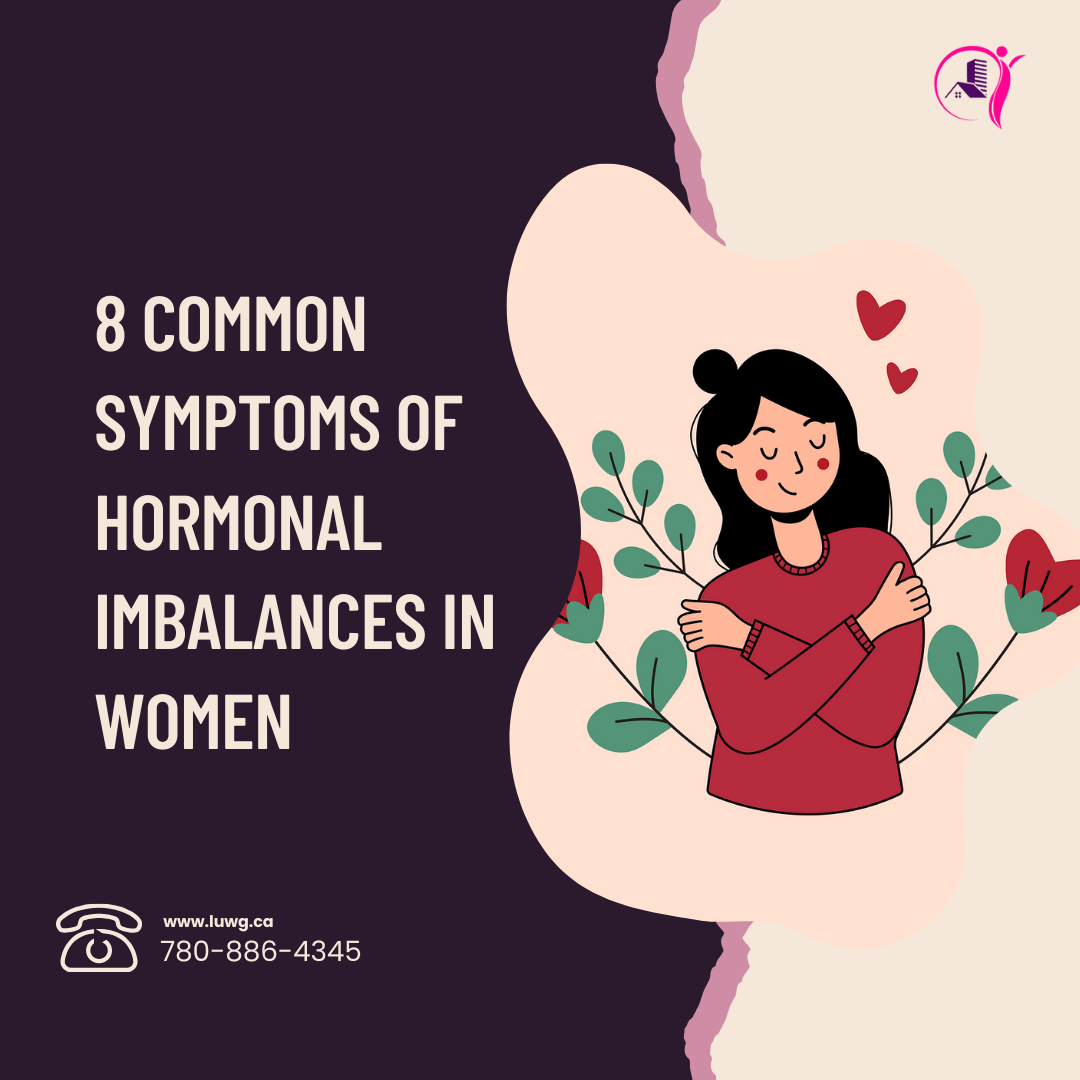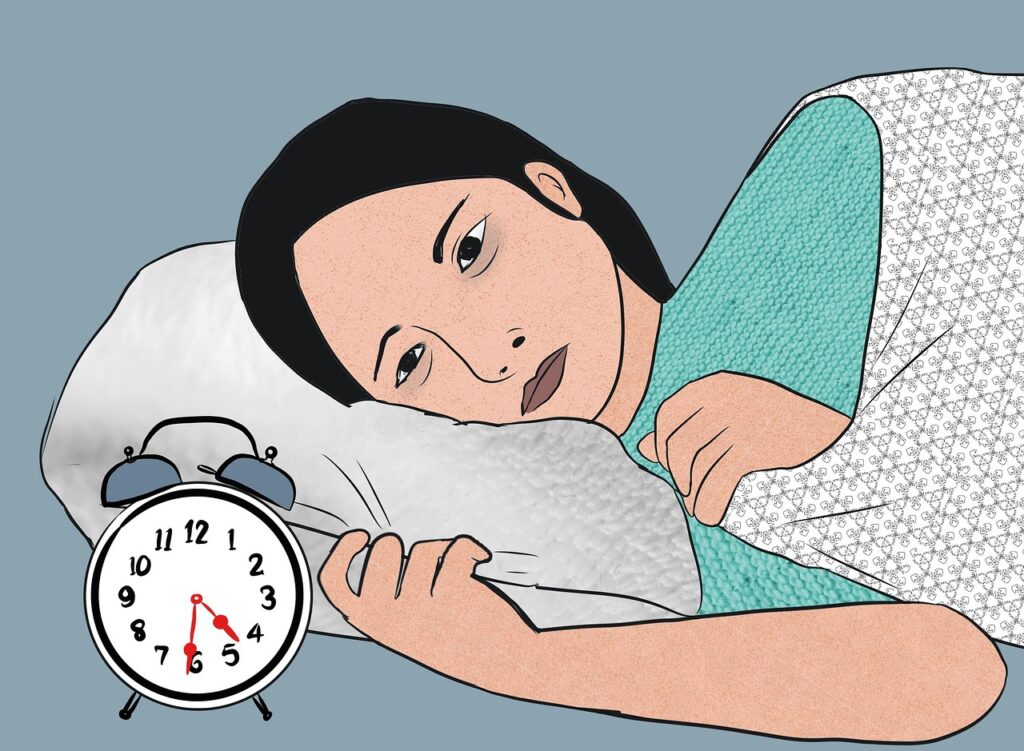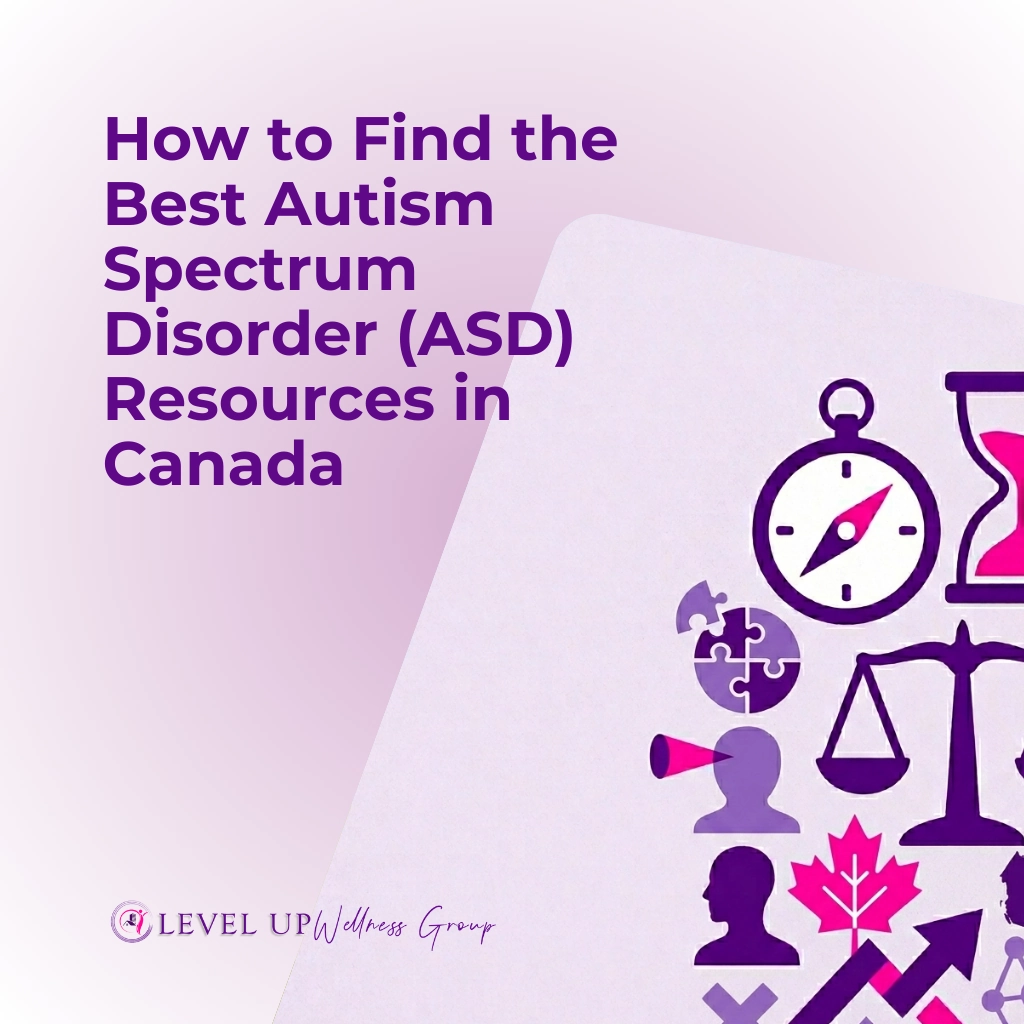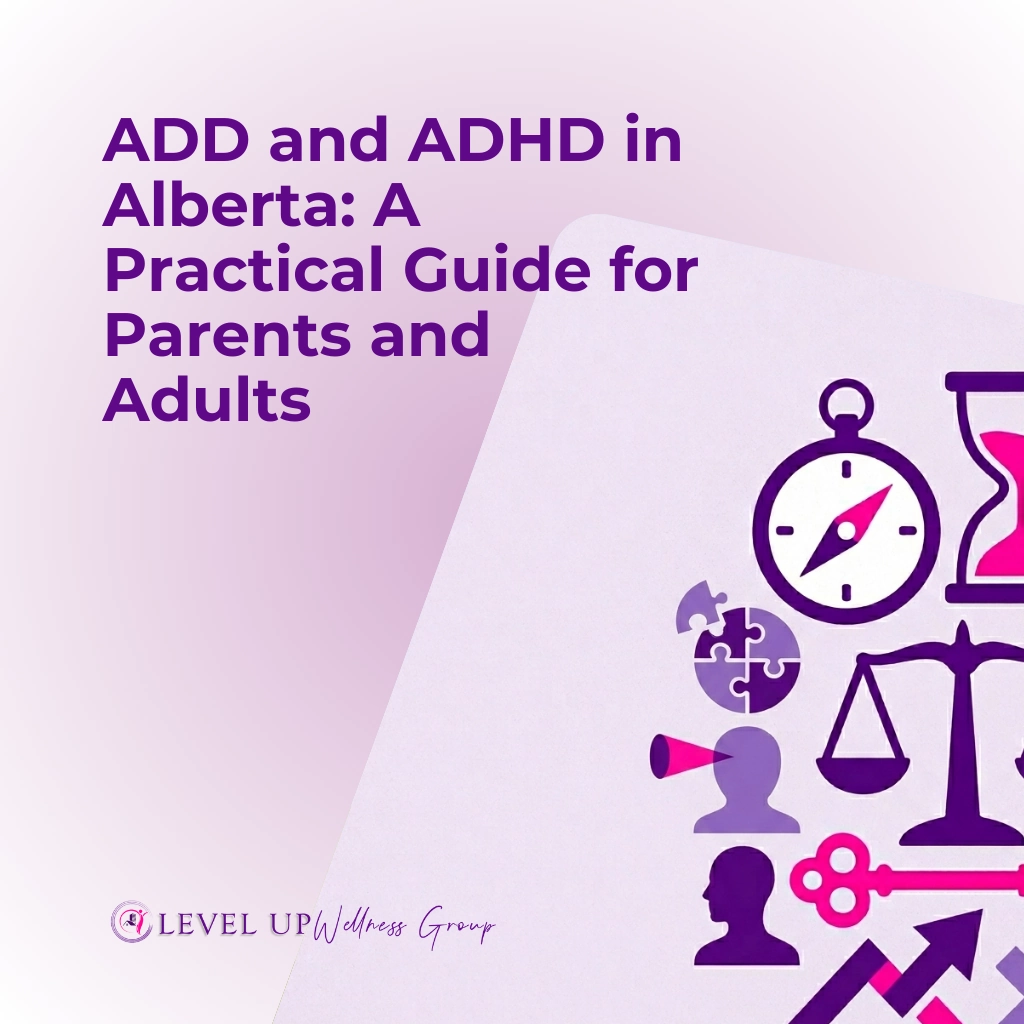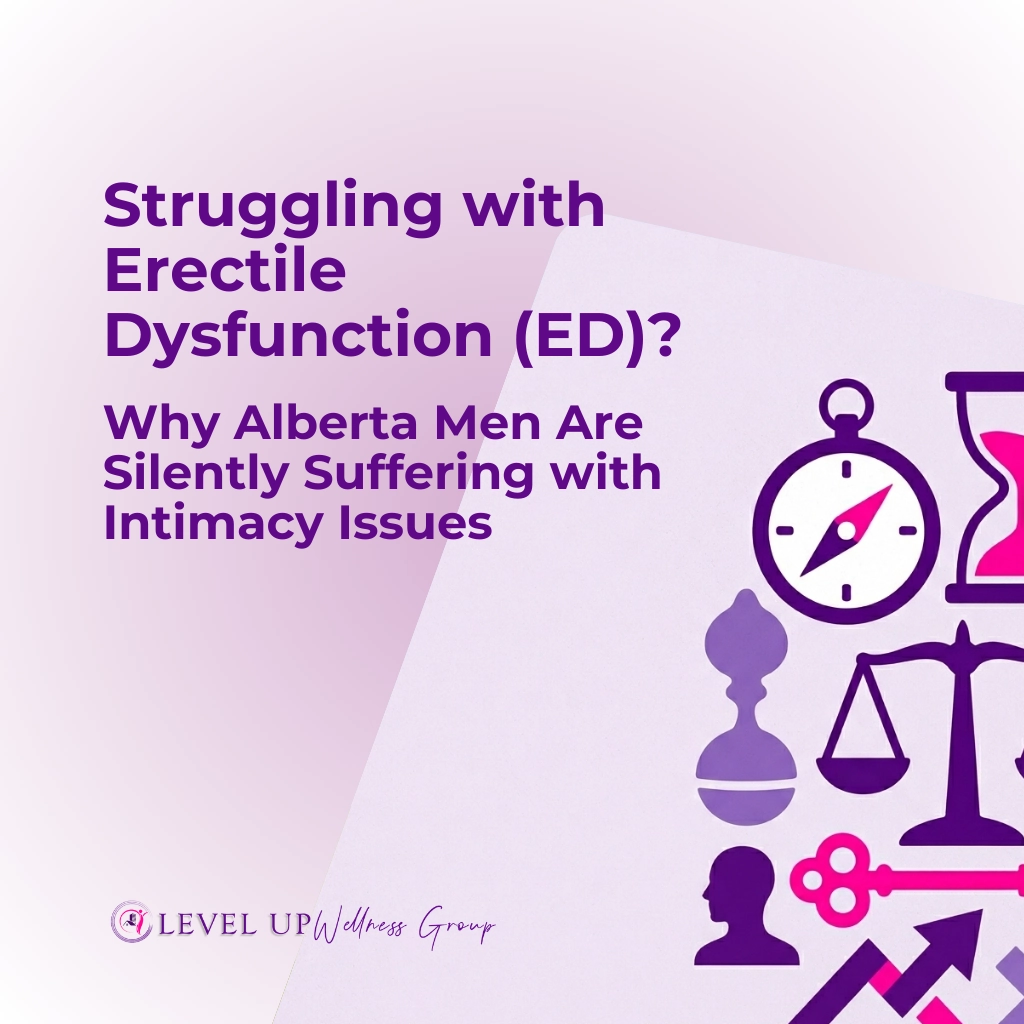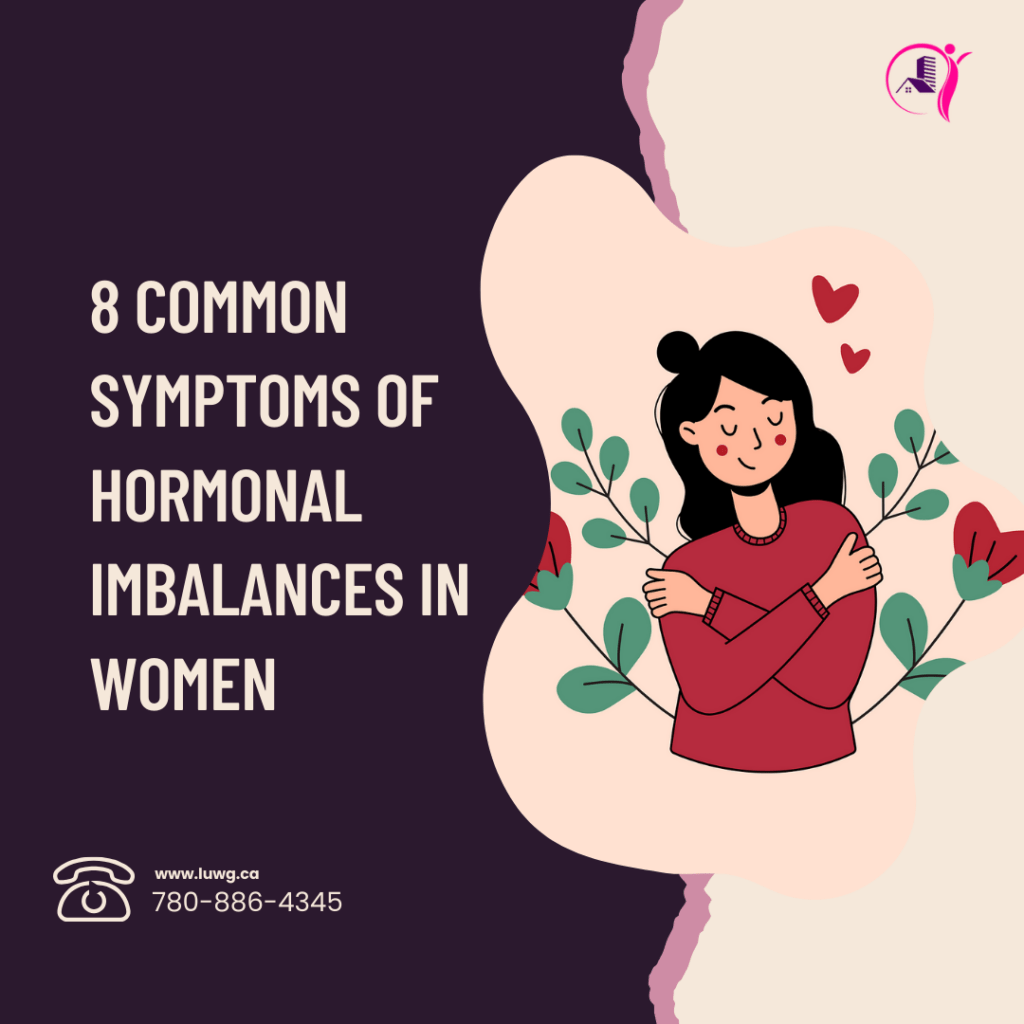
Hormonal imbalances are a common yet often overlooked issue that can affect women at any stage of life. Hormones regulate essential bodily functions, and even small imbalances can trigger noticeable symptoms. Identifying these signs early allows you to address the root cause effectively.
At Luwg, we specialize in helping women achieve hormonal harmony through personalized care. Below are eight common symptoms of hormonal imbalances in women and what you can do to regain balance.
For more information on Women's Health Services:
1. Irregular Periods
Irregular or missed periods are a major red flag for hormonal imbalance. This could stem from conditions like polycystic ovary syndrome (PCOS), thyroid dysfunction, or heightened stress levels.
Why It Happens:
Hormones like estrogen and progesterone regulate the menstrual cycle. When these are out of sync, it can disrupt your periods.
What to Do:
Track your cycle consistently and seek medical advice if irregularities persist for more than a few months.

2. Unexplained Weight Changes

Difficulty in losing or gaining weight, even with dietary adjustments, often signals hormonal imbalances.
Why It Happens:
Hormones such as cortisol, insulin, and thyroid hormones significantly influence your metabolism. Dysregulation in these areas can lead to weight fluctuations.
What to Do:
Consider a holistic evaluation to identify possible hormonal triggers and create a tailored plan for sustainable weight management.
3. Fatigue
Persistent exhaustion, even after adequate rest, could be due to imbalanced hormones.
Why It Happens:
Hormones like thyroid hormones and cortisol regulate your energy levels. Disruptions can lead to chronic fatigue.
What to Do:
Focus on balanced nutrition, stress reduction, and professional hormone testing if the fatigue persists.
4. Mood Swings and Anxiety
Mood swings, irritability, or unexplained anxiety are often linked to hormonal changes.
Why It Happens:
Fluctuations in estrogen and progesterone impact neurotransmitters like serotonin, which regulate mood.
What to Do:
Incorporate stress management techniques like mindfulness or yoga, and consult a healthcare professional if symptoms interfere with daily life.

Learn more about Women's Health Services:
5. Sleep Disturbances
Hormonal imbalances can cause insomnia or poor-quality sleep.
Why It Happens:
Changes in hormones like melatonin, cortisol, or progesterone can disrupt your natural sleep-wake cycle.
What to Do:
Develop a calming bedtime routine and explore treatments to balance sleep-affecting hormones.
6. Skin Problems
Acne, dryness, or other persistent skin issues often point to hormonal imbalances.
Why It Happens:
Excess androgens can lead to acne, while reduced estrogen levels may cause dryness and loss of elasticity.
What to Do:
Adopt a consistent skincare routine and seek professional advice to address underlying hormonal factors.
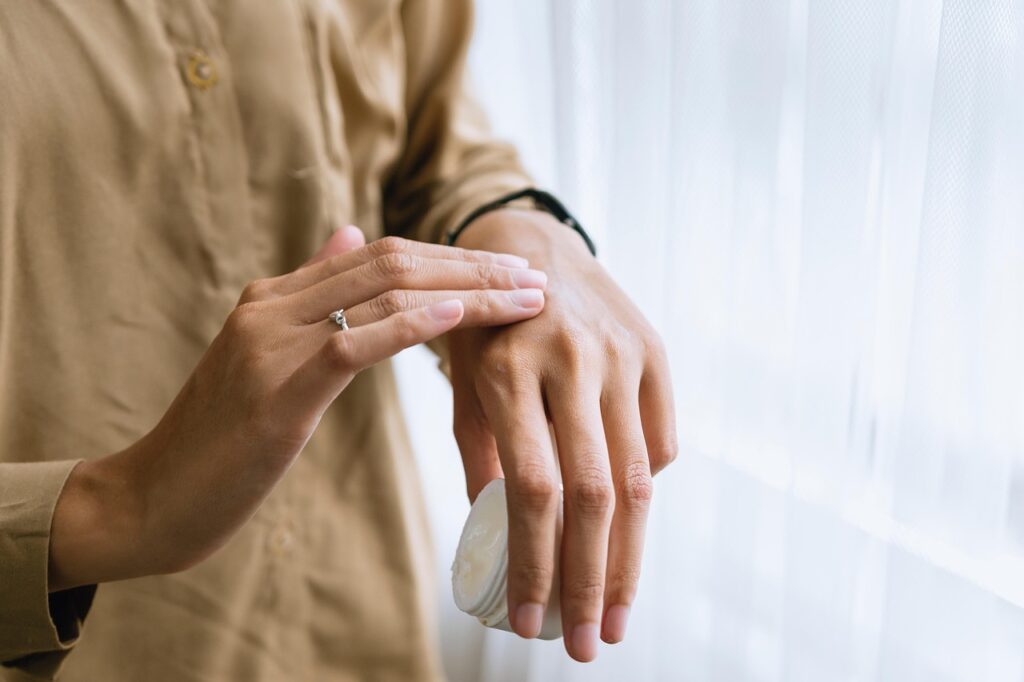
7. Hair Loss or Excess Hair Growth
Thinning hair or unusual patterns of hair growth can signal an imbalance.
Why It Happens:
Conditions like PCOS may cause elevated androgen levels, affecting hair growth and density.
What to Do:
Visit a healthcare provider to determine the cause and explore options for managing hair-related symptoms.

8. Low Libido
A sudden drop in sex drive can also be traced back to hormonal imbalances.
Why It Happens:
Low levels of estrogen or testosterone often contribute to reduced libido and sexual discomfort.
What to Do:
Talk to a specialist about solutions to address the root causes of low libido and enhance sexual wellness.
How Hormone Therapy Can Help
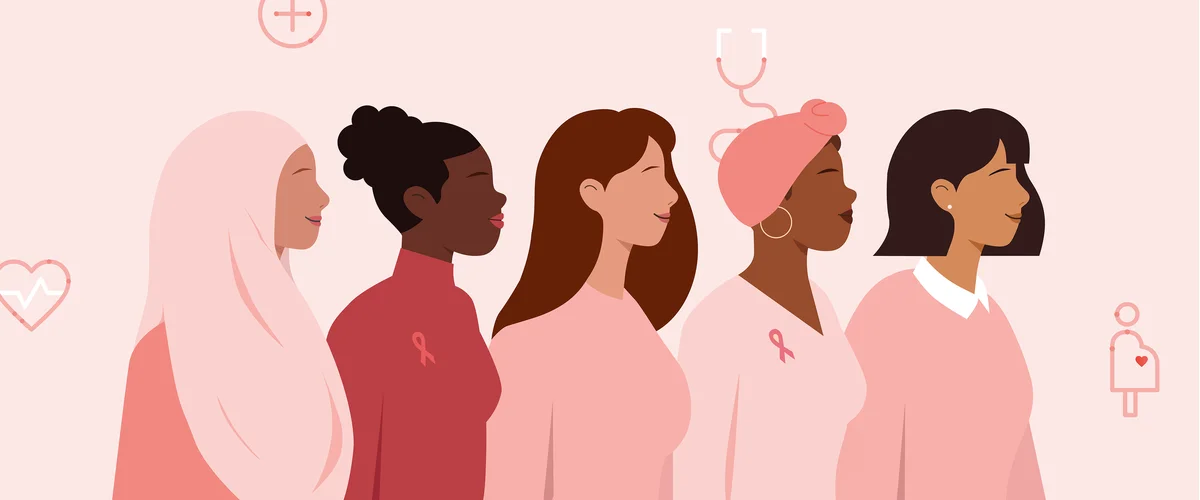
For women struggling with persistent hormonal imbalances, hormone therapy can be an effective solution. By restoring optimal hormone levels, treatments like traditional hormone therapy can help alleviate symptoms such as fatigue, mood swings, irregular periods, and low libido. These therapies are carefully tailored to each individual’s needs, ensuring a safe and effective approach to balancing hormones naturally.
At Luwg, we offer personalized hormone therapy plans based on comprehensive lab testing and expert medical guidance.
If you’re experiencing ongoing symptoms, consult with our specialists to explore if hormone therapy is right for you.
FAQs
What causes hormonal imbalances in women?
Hormonal imbalances can result from various factors, including stress, poor diet, underlying medical conditions (e.g., PCOS, thyroid disorders), or life changes like menopause.
How are hormonal imbalances diagnosed?
Diagnosis involves a combination of reviewing symptoms, conducting blood tests, and sometimes using imaging studies to identify underlying issues.
Can lifestyle changes help with hormonal imbalances?
Yes, adopting a healthy diet, managing stress, exercising regularly, and prioritizing sleep can significantly improve hormonal health.
When should I seek medical help?
If symptoms persist or impact your quality of life, it’s time to consult a healthcare provider for a comprehensive evaluation.
Conclusion
Take the first step toward restoring balance in your life. At Luwg, we offer comprehensive women’s hormonal health services tailored to your needs. Book a consultation today to start your journey to better health. Don’t wait you deserve to feel your best!


